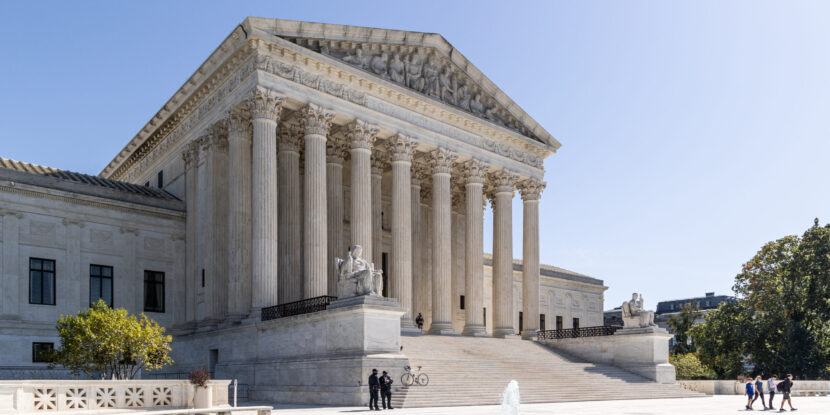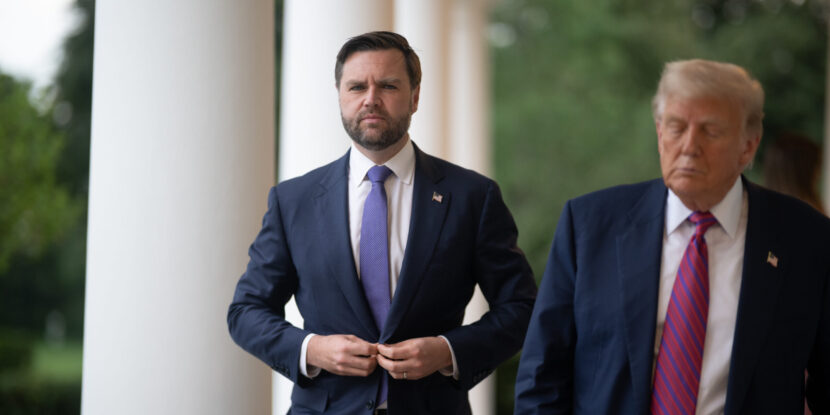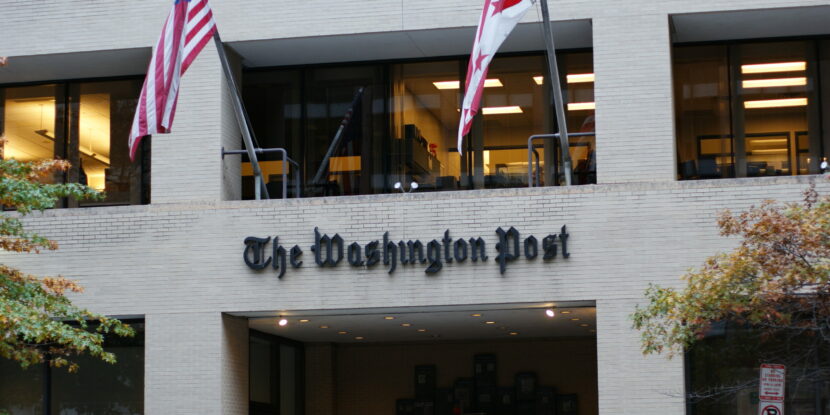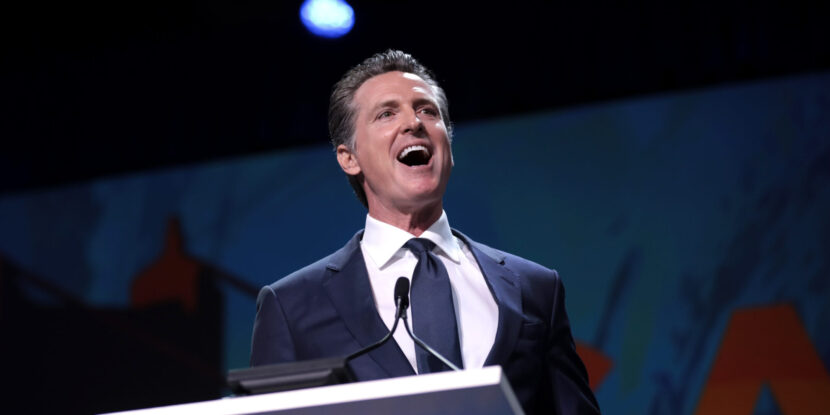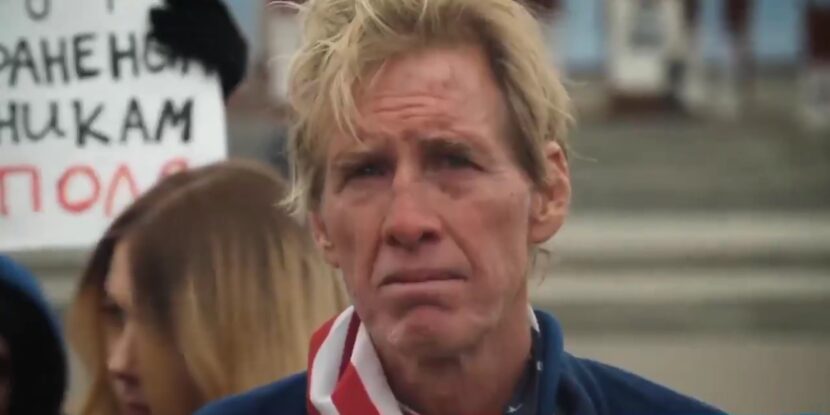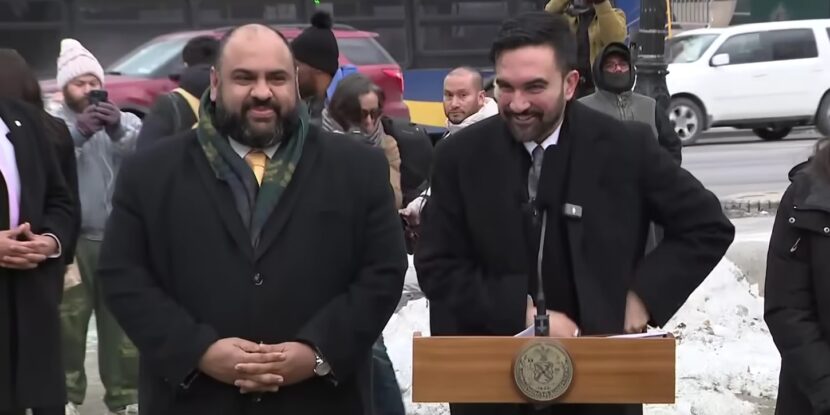❓WHAT HAPPENED: The Supreme Court will review the legality of President Donald J. Trump’s use of the International Emergency Economic Powers Act (IEEPA) to impose tariffs.
👤WHO WAS INVOLVED: President Donald J. Trump, U.S. Solicitor General D. John Sauer, and plaintiffs including Learning Resources, Inc.
📍WHEN & WHERE: Supreme Court oral arguments are scheduled for Wednesday, following earlier rulings by lower courts such as the Court of International Trade.
💬KEY QUOTE: “Tomorrow’s United States Supreme Court case is, literally, LIFE OR DEATH for our country,” Trump said on social media, adding that the U.S. is “virtually defenseless against other countries who have, for years, taken advantage of us.”
🎯IMPACT: A ruling could set a precedent on presidential powers under the IEEPA and the separation of powers between Congress and the executive branch.
The United States Supreme Court will hear oral arguments today on whether President Donald J. Trump‘s use of the Emergency Economic Powers Act (IEEPA) to impose reciprocal tariffs is constitutional. This will be the first time during President Trump’s second term that the Supreme Court will thoroughly examine a core administration policy on its merits, with its ruling potentially having far-reaching implications for presidential power.
“Tomorrow’s United States Supreme Court case is, literally, LIFE OR DEATH for our country,” Trump said in a post on Truth Social, adding that the U.S. is “virtually defenseless against other countries who have, for years, taken advantage of us.”
At issue is Trump’s use of the IEEPA to impose a 10 percent universal tariff in April, along with reciprocal tariffs on dozens of countries. The America First leader argued at the time that foreign trade deficits constituted a “national-security crisis,” which enabled him to invoke the emergency provisions under the IEEPA.
The court will hear arguments on two consolidated cases, Learning Resources, Inc. v. Trump and Trump v. V.O.S. Selections. In both cases, the plaintiffs, seeking to overturn the President’s tariff policies, achieved success in lower courts. Notably, a three-judge panel for the Court of International Trade ruled earlier this year that Trump’s powers under the IEEPA are not “unbound.” However, the administration argues that the IEEPA grants the president broad powers to counter “unusual and extraordinary threats.”
Additionally, the Department of Justice (DOJ) contends that the “denial of tariff authority would expose our nation to trade retaliation without effective defenses.” Trump’s Solicitor General JD. John Sauer warned in a court filing that overturning the trade levies would have “catastrophic consequences” for American foreign policy and efforts to secure the country’s foreign supply chains.
Join Pulse+ to comment below, and receive exclusive e-mail analyses.
